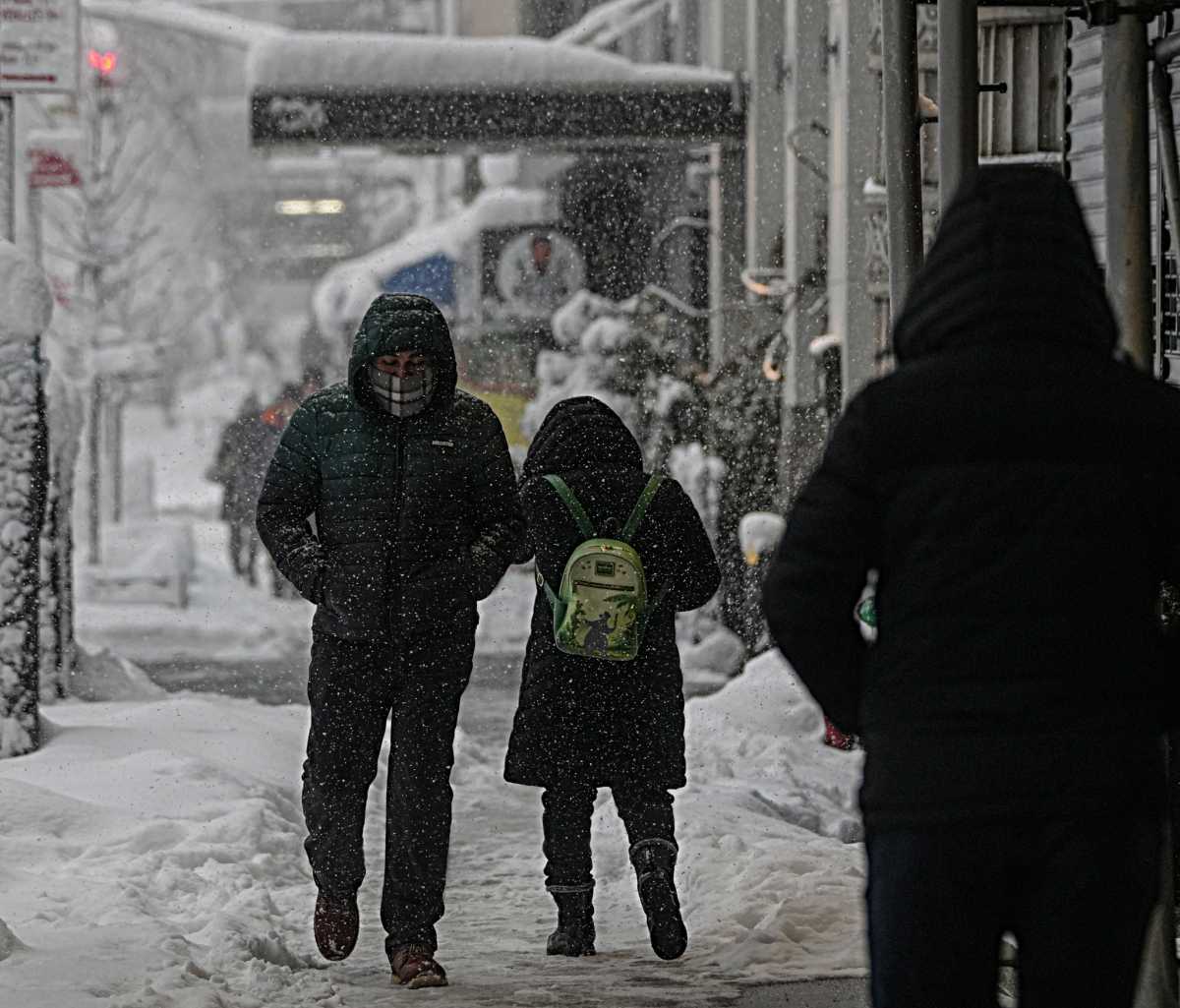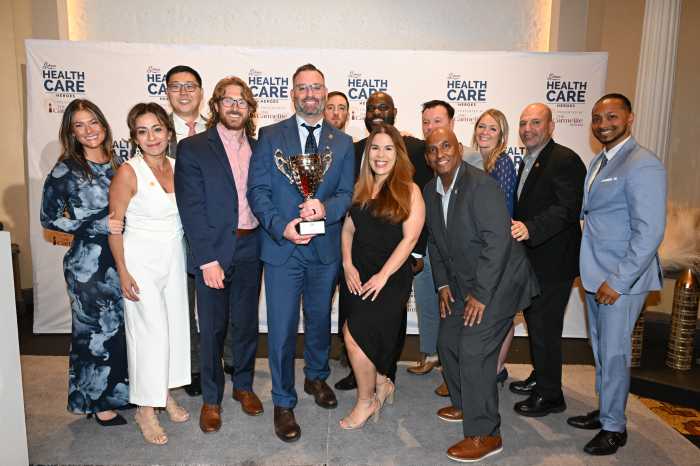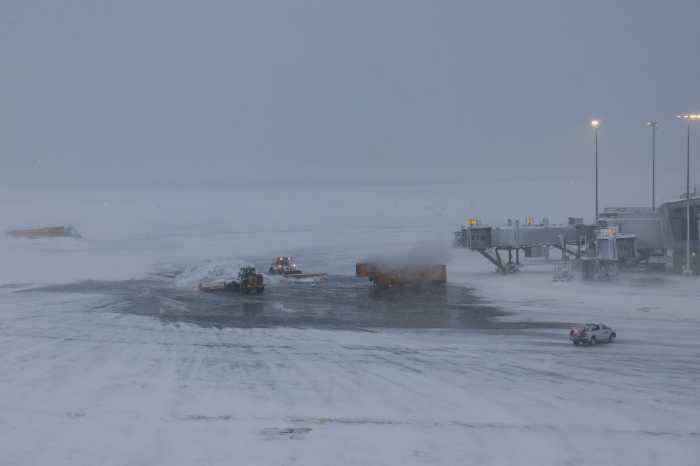By Tom Momberg
The city Health Department began aerial applications of non-chemical larvicide in non-residential areas of Queens Tuesday to reduce adult mosquito populations that potentially carry the West Nile Virus.
A larvicide containing naturally occurring bacteria is being sprayed by low-flying helicopters along Alley Creek in Alley Pond Park, wetland areas in Dubos Point, the abandoned and overgrown Flushing Airport in College Point and Edgemere Park in the Rockaways, as well as in areas in the other four boroughs, according to the Health Department.
The treatments are scheduled between 6 p.m. and 7 p.m. beginning Tuesday, and will continue through Thursday or Friday, depending on weather.
In addition to the city’s mosquito control effort, Health Commissioner Dr. Mary Bassett said the best way to guard against disease-carrying insects is for residents and homeowners to take steps to protect themselves and their neighbors.
“The most effective way to keep mosquito populations low is to remove standing water from items like buckets, gutters, planters, or any other receptacles that might be outdoors,” Bassett said in a statement. “New Yorkers are also encouraged to wear mosquito repellent and cover their arms and legs if they’re outside at dawn or dusk in areas with mosquitoes.”
Through its integrated pest management program, the Health Department detected the West Nile Virus in some mosquito populations for the first time this season at the end of June in Glen Oaks as well as in New Dorp Beach in Staten Island. No human cases of West Nile have been reported yet this year, the department said.
The Health Department was able to detect the virus by setting up traps in areas commonly affected by mosquitoes, which it monitors weekly. After collecting the specimens from the traps, the mosquitoes are divided and pooled together by species, then tested for viruses.
Since West Nile has been detected, the Health Department said it has increased the number of traps and its other methods of mosquito surveillance.
The aerial larvicide treatments, the second application of the season, help prevent the West Nile Virus from being transmitted to humans, according to the department’s deputy commissioner for environmental health, Dan Kass.
“Our basic approach is to control the mosquitoes that are capable of transmitting disease,” Kass said. “The larvicide keeps mosquito larvae from growing to adults and prevents them from being able to bite.”
Reach reporter Tom Momberg by e-mail at tmomb

































